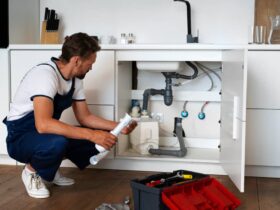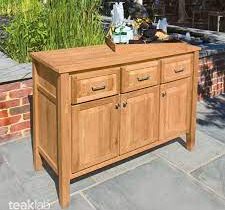Investing in a generator is a lifesaver for some homeowners. This tool mitigates food waste, ensures continued heat during the winter, and creates a comfortable home environment after a storm.
With extreme weather events on the rise, this home upgrade is well worth it. Here are some important considerations to keep in mind when buying a generator.
Reason and Function
First, consider what the primary function of your generator will be. This factor will determine whether a portable generator will suffice or if you need a backup generator.
What is a backup generator? This type of generator automatically turns on when you lose power. It’s wired into your house to minimize downtime during an electrical event. Conversely, portable generators must be hooked up and manually turned on when power is lost— an unfortunate issue if the power goes out while you’re on vacation.
Functionality also helps determine the size you require. If you’re looking for something to keep the freezer and fridge running, you can use a portable generator. If you want something to keep your house running as usual, you’ll need a whole-house generator.
Type of Fuel
Generators require fuel to run. Most home generators run on gasoline, propane, or natural gas— only whole-house generators can use natural gas.
The fuel source will directly impact the cost and effort of running your generator. Propane tends to be easier and more affordable but sometimes harder to come by during a storm. Gas requires a stabilizer for storage and can be costly.
While solar generators are becoming more accessible, this technology isn’t yet reliable enough to act as a home backup system.
Safety Features
It’s important to understand that using a generator comes with risks. Portable generators create carbon monoxide emissions; you cannot use them inside. Instead, you’ll need to keep the generator outside and wire it into your panel with a transfer switch.
If you choose a portable generator, invest in one with safety features. Some portable generators have CO2 detectors and automatic shut-offs. These upgrades are worth the investment.
Ideal Runtime
It’s important to look at the generator runtime before buying. This spec will tell you how long you can expect the generator to run before it needs more fuel. While the generator you’re looking at may seem more affordable than a higher-end model, this consideration could exponentially increase operation costs.
Most high-end generators can run for 8-12 hours before they need more fuel. Even so, they should be shut off for breaks. Even whole-house systems should be turned off for a few hours per day to let the motor cool off, as they’re not designed for continuous operation.
Noise Pollution
Generators can be incredibly noisy. Assessing the decibel (dB) level can help determine the expected noise level.
The average whole-house generator ranges from 60-80 dB, with 60 considered quiet and over 80 considered loud. Many portable generators range from 70-90 dB. For context, a lawnmower is around 90 dB. Prolonged exposure to this decibel level can cause hearing loss. The decibel level is also important if your community has noise ordinances or the constant sound will bother you.
Quieter generators tend to cost more or have shorter runtimes. Compare the specs of several options to determine what’s right for you.
A generator is a great investment if you live in an area that’s prone to storms. Take your time choosing the right generator for your needs and talk to a professional for installation and guidance.















